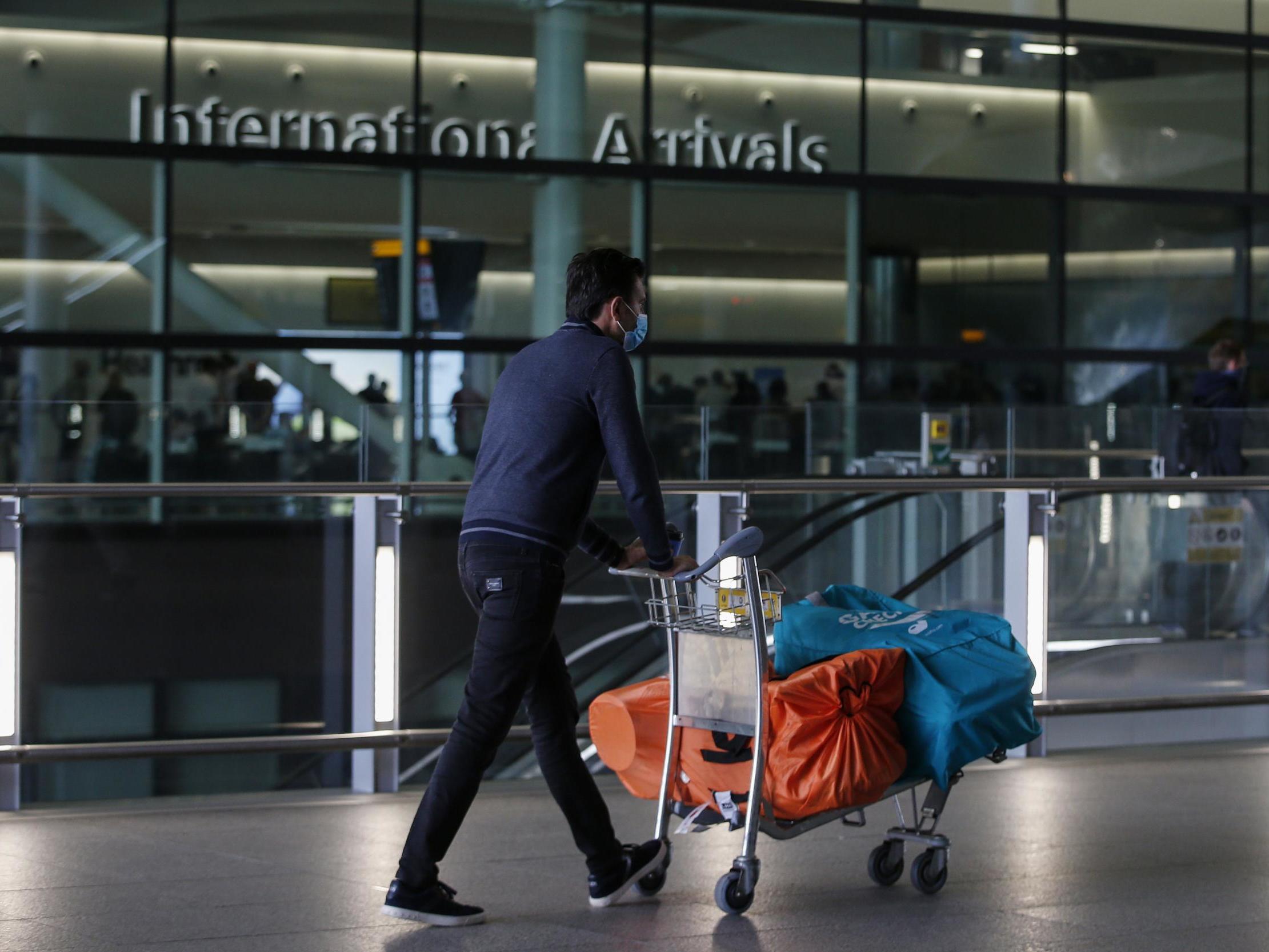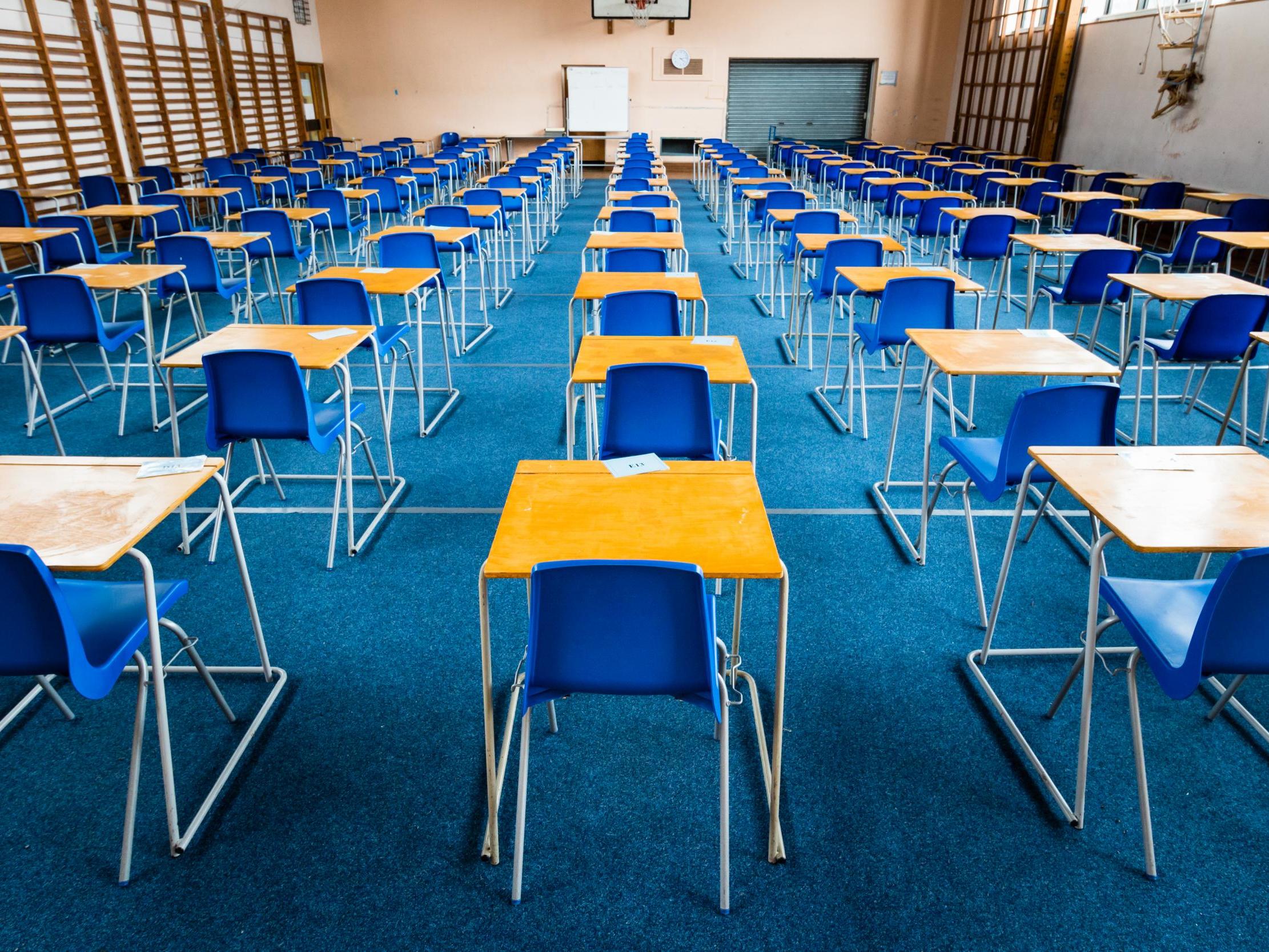Should I be apprehensive about getting in a plane?
Simon Calder answers your questions on flight safety and summer holiday disruption


Q Perhaps you can clarify an aspect of air-travel policy for me? If one is allegedly safe in a plane sitting with a mask on, why are the airlines then offering food and snacks, whether prepackaged or not, which means removing the mask and then, quite frequently I imagine, forgetting to put it back on again?
Whilst one can understand the need for sustenance in long-haul travel, surely people don’t need to eat or drink during a short-haul flight? That way masks stay on. I am apprehensive about boarding a plane in these times. Should I be?
Fred W
A Anyone who believes that passenger aviation is compatible with completely eliminating risk of contracting coronavirus is sadly mistaken. Since commercial flying resumed at scale in late June, I have flown about a dozen times. Airports and airlines have spent a great deal of time and money devising ways to reduce the danger that the virus could be spread.
But aviation is an industry designed to process and transport large numbers of people within confined spaces, and so there are always going to be shortcomings. On the ground these tend to involve “pinch points” such as shuttle buses; in the air one’s fellow travellers often comprise the problem by being unnecessarily active and moving around too much.
I have not, though, encountered much of a problem with masks. There is certainly a case for saying that flights of up to, say, two hours, should be refreshment-free. But I can’t see that happening while airlines see the provision of food and drink as either a revenue stream or a customer benefit. I will eagerly order and consume a cup of tea (or, later in the day, something stronger), even though I am aware that consuming it will involve some face-covering disarray. I have not seen people eating and drinking then forgetting to replace their masks.
I guess it comes down to your perception and tolerance of risk. I believe, rightly or wrongly, that fellow passengers will not knowingly travel while infectious. I gather from the research I have read that face masks can reduce the spread of the virus – though mishandling them can create other concerns. But I am not of the view that a properly worn face covering is a guarantee that I will be safe, nor that being close to someone without one means I am in imminent danger.
My advice: if you are in a risk group, then flying is probably not for you. But if you are prepared to tolerate a small degree of risk, then you will probably be just fine.

Q With the possible move of exam dates next year, what do you think would be our rights regarding a holiday booked for early July (moved from this year due to Covid) if we couldn’t travel due to rescheduled exams?
We have no option to reschedule again as the two weeks were the only times we have available, so we would be looking for a refund of our deposit.
Linda J
A The toxic tentacles of the coronavirus pandemic know no bounds in terms of the travel plans they may wreck. The prospect of GCSE and A-level exams being moved later in the summer of 2021 means many thousands of families could lose their much-deserved trips and the cash they have stumped up.
I fear the chances of retrieving your deposit in cash are low. You don’t say why you rescheduled. If it was because the original holiday was going ahead but you didn’t fancy it, then I’d reduce the odds to zero. The travel firm has already done you a favour. The best you can hope for is yet another postponement to 2022, unless there is an Easter or half-term break you could take. So ask nicely.
If you accepted a rebook in lieu of a refund because you wanted to do the holiday company a favour, you may have a bit more leverage given the awkward circumstances.
Perhaps, though, the original holiday was cancelled but you accepted a rebooking because you were not fully apprised of your right to a full cash refund?
In this case, you would need to demonstrate that the travel firm had withheld important information, perhaps by sending you a cancellation message without the vital option of a refund. In such circumstances, politely point out the incomplete information and ask for your money back.
Your situation emphasises once again the need in these difficult circumstances to retain as much flexibility as you can. Which usually means asking for cash back when travel arrangements are unfortunately cancelled.
Finally, a grim reminder to all parents of school-age children that any change in exam dates which squeezes the holidays into a shorter spell means higher prices and scarce availability
Email your question to s@hols.tv or tweet @simoncalder
Join our commenting forum
Join thought-provoking conversations, follow other Independent readers and see their replies
Comments